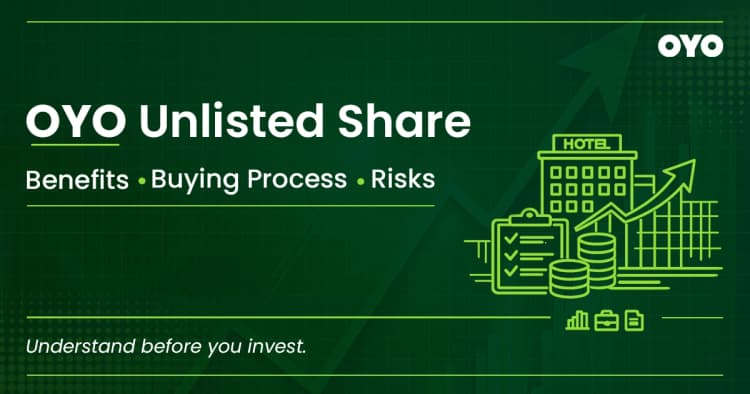
The Indian government is considering a production-linked incentive (PLI) scheme to encourage domestic manufacturing of critical rail components for Vande Bharat and LHB trains, aiming to reduce import dependence and attract foreign investment.
New Delhi: In a bid to significantly strengthen the 'Make in India' initiative within the crucial railway sector, the central government is reportedly planning to introduce a production-linked incentive (PLI) scheme in the upcoming Union budget. This scheme will specifically target the manufacturing of import-substituting rail components, including wheels, brakes, and transmission systems for both Linke Hofmann Busch (LHB) and Vande Bharat train sets.
Sources familiar with the development indicate that the proposed scheme would offer output-linked incentives to companies that manufacture products currently heavily reliant on imports. The incentives are expected to range from 5% to 10%, with the final figures to be determined upon scheme finalization. The PLI is proposed for an initial period of three years, with potential incentives totaling ₹1,000-1,500 crore.
The scheme aims to support entities involved in the manufacturing of crucial rail components such as wheels, axles, braking systems, track machines, and transmission systems for LHB and Vande Bharat train sets. Additionally, it seeks to encourage the production of parts required for new-generation 'green' trains that will operate on alternative fuels like hydrogen. This initiative is expected to incentivize domestic production, reduce reliance on imports, and encourage foreign manufacturing companies to establish or expand their railway rolling stock units within India.
Leading global rail systems and rolling stock manufacturers, including Alstom, Siemens, Stadler, Hitachi, and Hyundai Rotem, already have a presence in India, operating through their own manufacturing facilities or joint ventures. The PLI scheme is anticipated to further encourage these companies to bring their component vendors to set up manufacturing facilities within India, thus benefitting both their operations and the broader railway sector.
Vivek Lohia, MD of Jupiter Wagons Limited, believes that the PLI scheme is a visionary initiative poised to create an entrepreneur-friendly ecosystem for the rail components sector in India. He further added that this initiative would bolster import substitution, export-led growth, and foreign investments, creating a supportive environment for MSMEs in the sector.
According to industry estimates, India's railway equipment market was valued at approximately $12 billion in 2023 and is projected to experience a CAGR growth of over 4% in the coming years. However, more than 50% of components are currently imported, with import levels being even higher for new-age trains.
Prior to the COVID-19 pandemic, the development of a vendor base for rail components was progressing steadily. However, the pandemic disrupted those plans. The Railways has now conducted a detailed study on measures to reduce imports. PLI is considered a crucial component of its strategy to attract private investment in manufacturing and reduce imports.
In 2020, PLI schemes across 14 key sectors were introduced with an outlay of ₹1.97 trillion (over $26 billion) to enhance the country's manufacturing capabilities.


